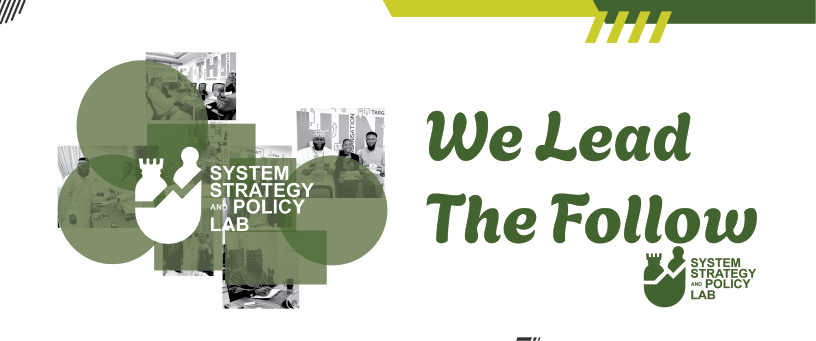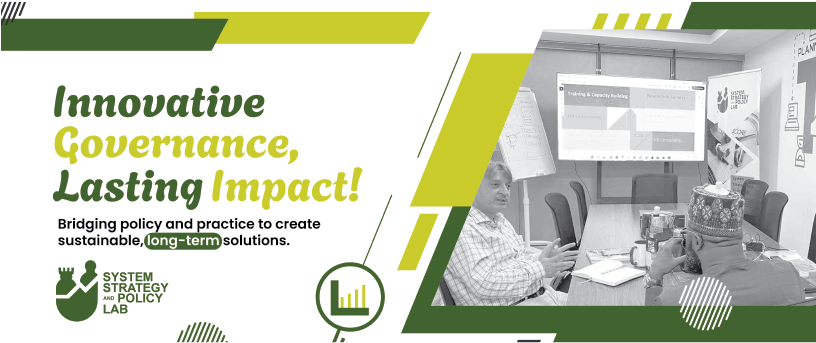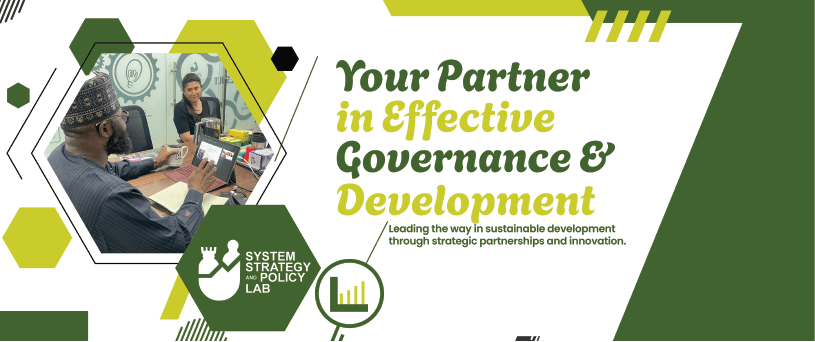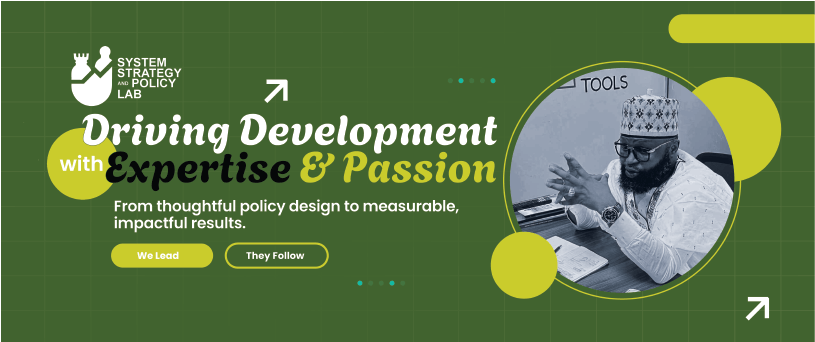In your state, who does the Governor really listen to?
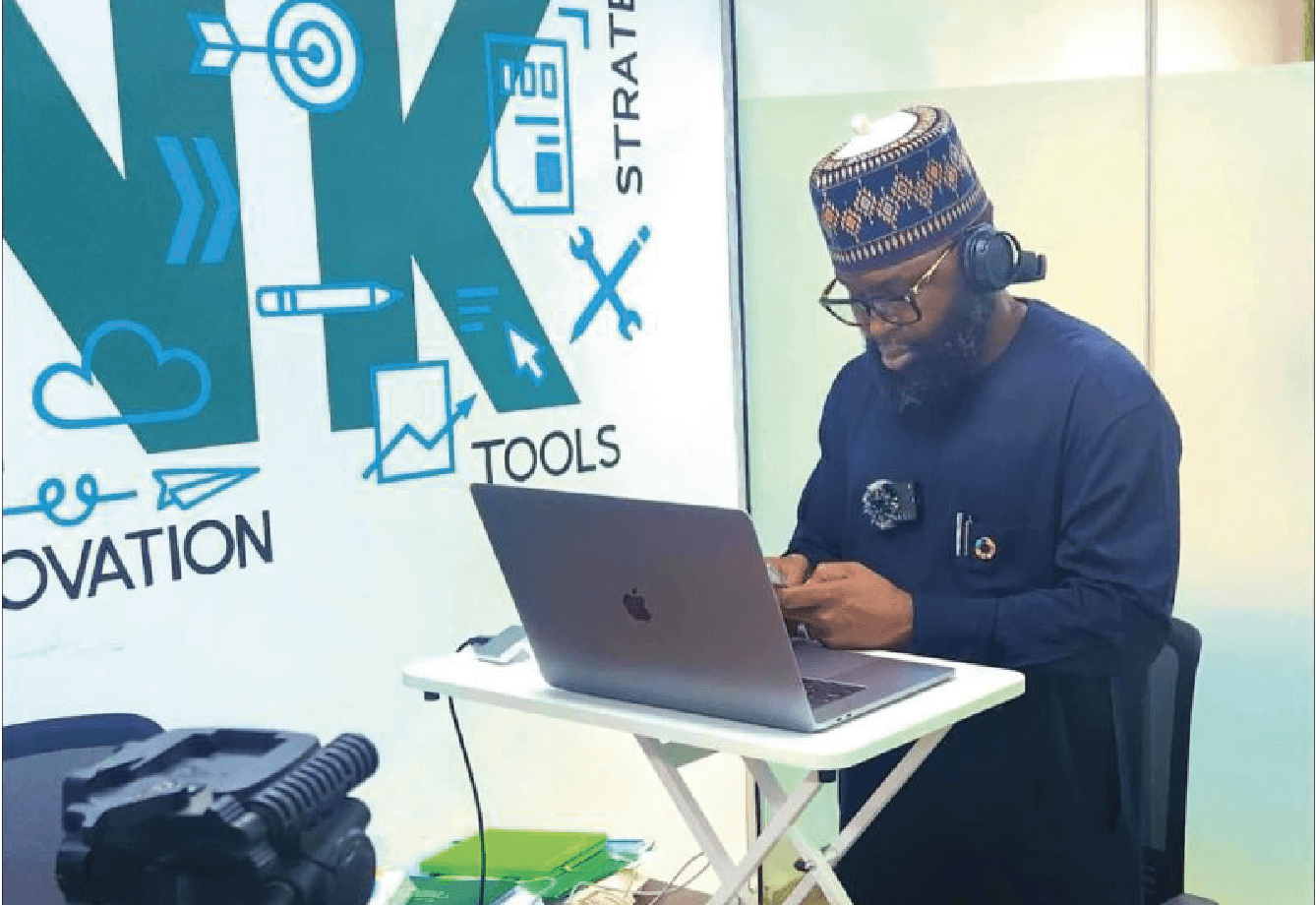
By: Murtala Adogi Mohammed
Who does the governor listen to? This is a question on the minds of almost everyone in nearly every state in Nigeria.
Governors needs feeback by actively seeking and incorporating feedback, leaders can make informed adjustments, build public trust, and drive meaningful, sustainable change.
Unfortunately, it often appears that once someone becomes Governor, they assume the role of the most powerful individual in their state.
Often, they become unapproachable, and few are willing to offer honest advice due to the prevalent 'patronage syndrome' that characterizes our political landscape.
Others may remain silent out of fear—fear of the unknown or fear for their safety—knowing that speaking truth to power could have dire consequences.
Eventually, people begin to ask, "Who does the Governor actually listen to?" And the answer, more often than not, is "No one."
But one thing is clear: there is life after being a Governor. And history has shown that it can be a gloomy one.
As a Governor, why not, for the sake of humanity, be the kind who listens, remains open-minded, and is guided by the true needs of the citizens, if you have their voices to guide you.
Feedback is crucial for delivering effective reforms and achieving tangible results. It provides leaders with valuable insights into the real impact of their policies, helps identify gaps or unintended consequences, and ensures that initiatives are aligned with the needs and expectations of the people.
Recommedations:
1. Establish a Citizen Feedback Platform- Create a dedicated, easily accessible online and offline platform where citizens can voice their concerns, suggestions, and feedback. This platform could include mobile apps, websites, and physical suggestion boxes in local government offices. Regular reports should be generated and reviewed by the governor NOT SA or DG or Commissioners to address key issues raised by the citizens.
2. Town Hall Meetings and Listening Tours - Organize regular town hall meetings or listening tours across various communities in the state. These events should be structured to allow citizens to speak directly with the governor and other key government officials. The governor should make it a priority to visit different LGAs and communities particularly underserved areas, to gather feedback and understand local issues firsthand.
3. Citizen Advisory Councils - Form Citizen Advisory Councils that represent diverse groups within the state, including youth, women, elders, and marginalized communities. These councils would meet regularly with the governor to provide insights, share concerns, and discuss the impact of government policies and programs.
Murtala Adogi Mohammed.
Founder/CEO,
System Strategy & Policy Lab (SSPL)
Do you have a Governance Evidence to Report?
